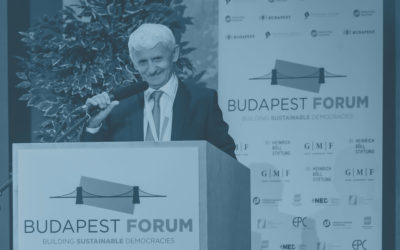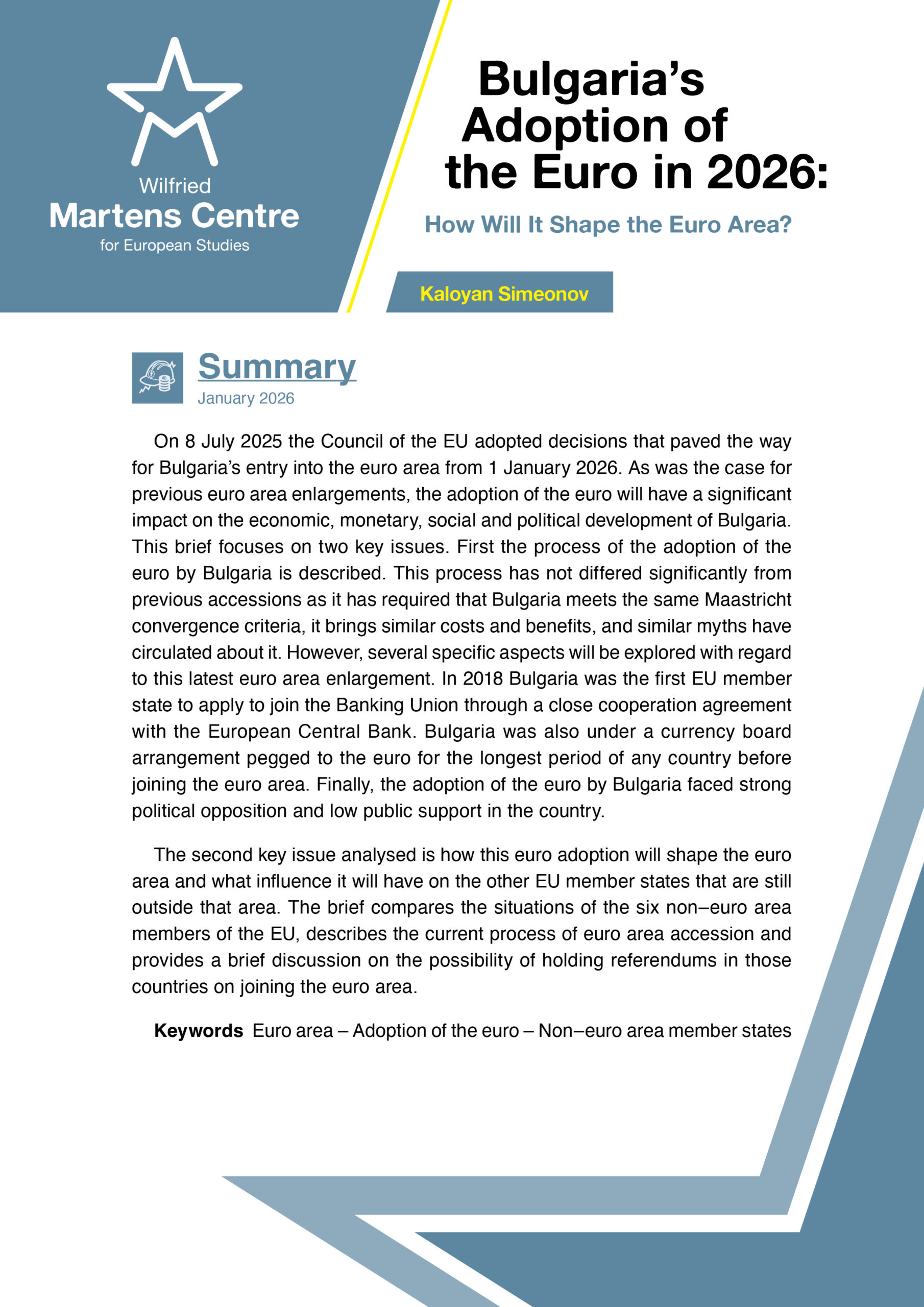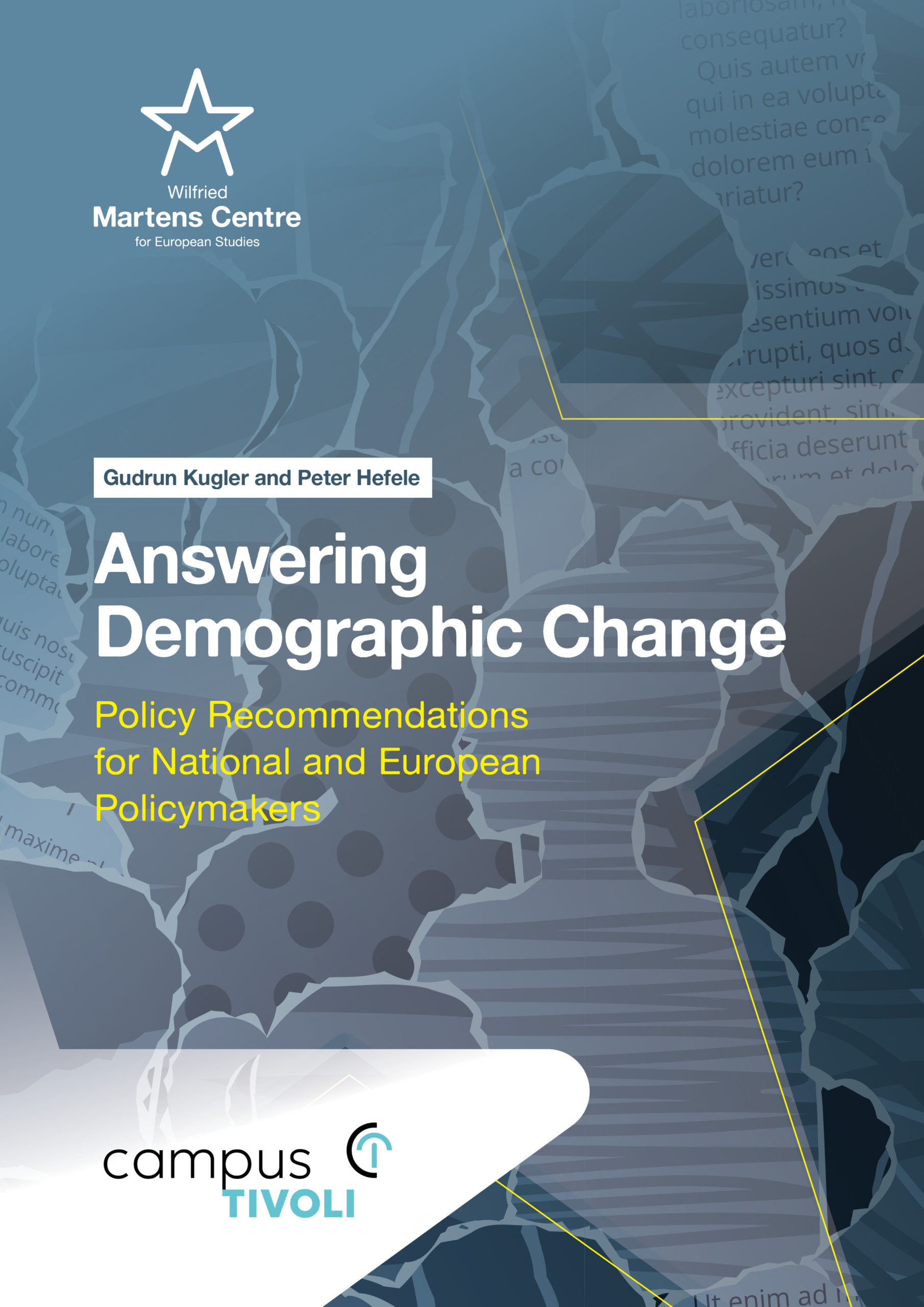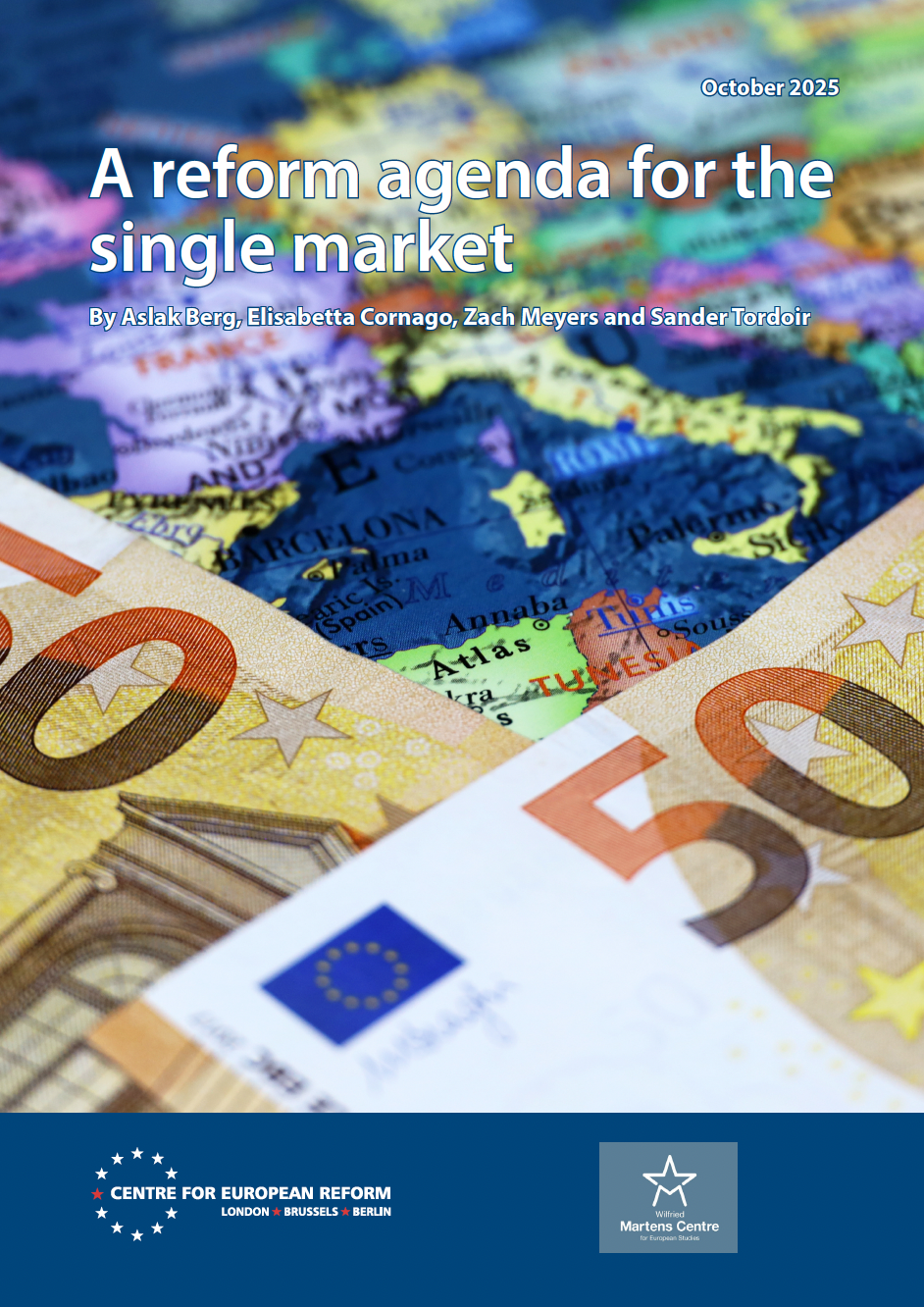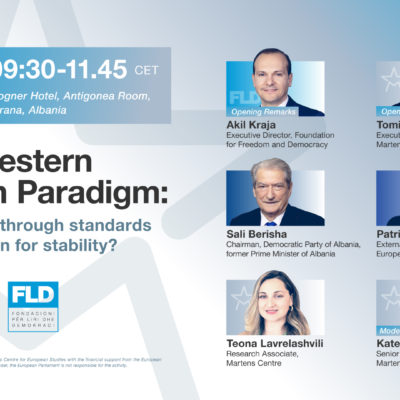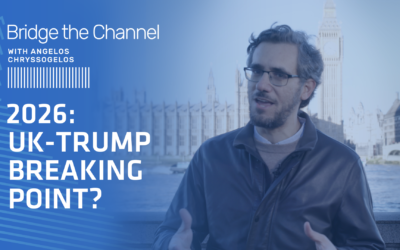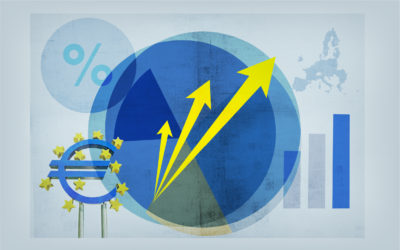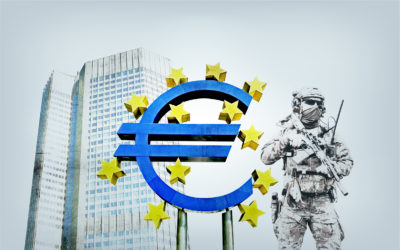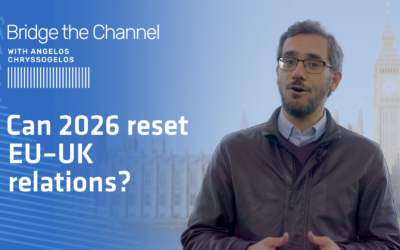Tomorrow’s Europe in Six Steps
09 December 2016
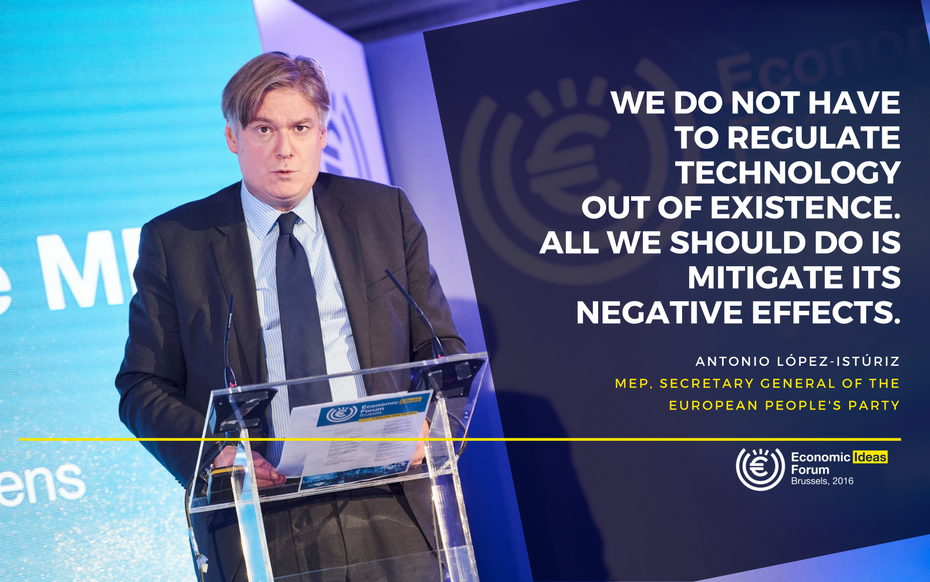
Technology is transforming the world around us at a growing pace. It affects the way we live, the way we study, the way we trade, the way we communicate. And it can be disruptive. It puts into question long cherished assumptions, it makes communities more fragmented and fluid and – crucially – it can destroy jobs in the industries it challenges. Are we to conclude that the world would have been better off if we had artificially restricted the development and commercialization of trains, cars and electric devises? Obviously not. This lesson is still valid for tomorrow’s technological developments.
It’s around these pressing issues that experts from all over Europe gathered for the 7th Economic Ideas Forum. Organized by the Wilfried Martens Centre for European Studies, the official think tank of the EPP, the EIF’s aim is to act as a laboratory for policy-oriented ideas. This year’s edition has six main takeaways to pick our brains:
1. Keep Calm and No Basic Income
Today, the majority of jobs in Europe are still full time, permanent positions. But labor markets are changing as technological advances and flexible working options increasingly dominate the discussion. Basic income, many people say, offers a potential solution to the emerging realities of tomorrow’s labor market. But according to one speaker, a universal basic income will simply let big business off the hook in terms of providing corporate and social responsibility. In Europe, we should distinguish between being more educated and being more skilled.
2. Creative Bravery: Celebrating Failure, Changing Europe
One participant quoted Nobel Prize winner economist Wassily Leontief: ‘The role of humans as the most important factor of production is bound to diminish in the same way that the role of horses in agricultural production was first diminished and then eliminated by the introduction of tractors’. We need to move towards a system in which individuals and firms can innovate ‘without permission’ as regulations often distort or prevent the creative process. In Europe, the risk reward balance needs to be reset. Failure is an option, because out of failure comes innovations which change the world.
3. To Be Digitalized or Marginalized: That is the Question!
The European Fund for Strategic Investments (EFSI) offers huge potential for the EU to close the digital infrastructure gap with other global economies. For this to happen, public money needs the support of private capital in order to tackle market failures. The right regulatory framework requires a light and flexible approach, allowing private enterprise to bring their strengths to the next-generation digital economy. In Europe, fierce competition is the best way to ensure lower prices and higher investments.
4. Conscious Uncoupling: Living Happily Even after Brexit
The success of EU integration has been constituted by the internal market and the free movement of goods, capitals, services, people. These principles constitute the basis of the market economy model. To build walls and limit freedom of movement now would be not just counterproductive but also impossible. Free movement of people and jurisdiction of the European Court of Justice are two key negotiation points. If the United Kingdom accepts these principles, an agreement may be possible. However, according to Alexander Stubb, former Prime Minister of Finland and speaker at the head-to-head session on Brexit, this seems to be an unlikely scenario.
5. ‘Nothing is lost, nothing is created, everything is transformed’
Fragmentation must be overcome. Only through combining the strengths of member states can the EU hope to add value at an industrial scale. European industry is going through a fourth industrial revolution: digital transformation is changing how companies do business on a daily basis. European industries still need to challenge fragmented markets, fragmented standards and fragmented national regulations. In Europe, we need to think globally.
6. Can Cows Save Europe?
Agricultural policy has been at the heart of EU policy since the Treaty of Rome. Research just doesn’t happen in factories and labs; it happens every day in millions of farms throughout the EU. In a time of huge global population change, land scarcity and increased environmental awareness, research and innovation in agriculture matters more than ever. For the EU, this means not just ensuring European farmers have the best knowledge transfer gained from private sector companies, but also helping farmers in emerging countries learn from our expertise. In Europe, agriculture must remain one of the most innovative and research intensive sectors in our economy.




